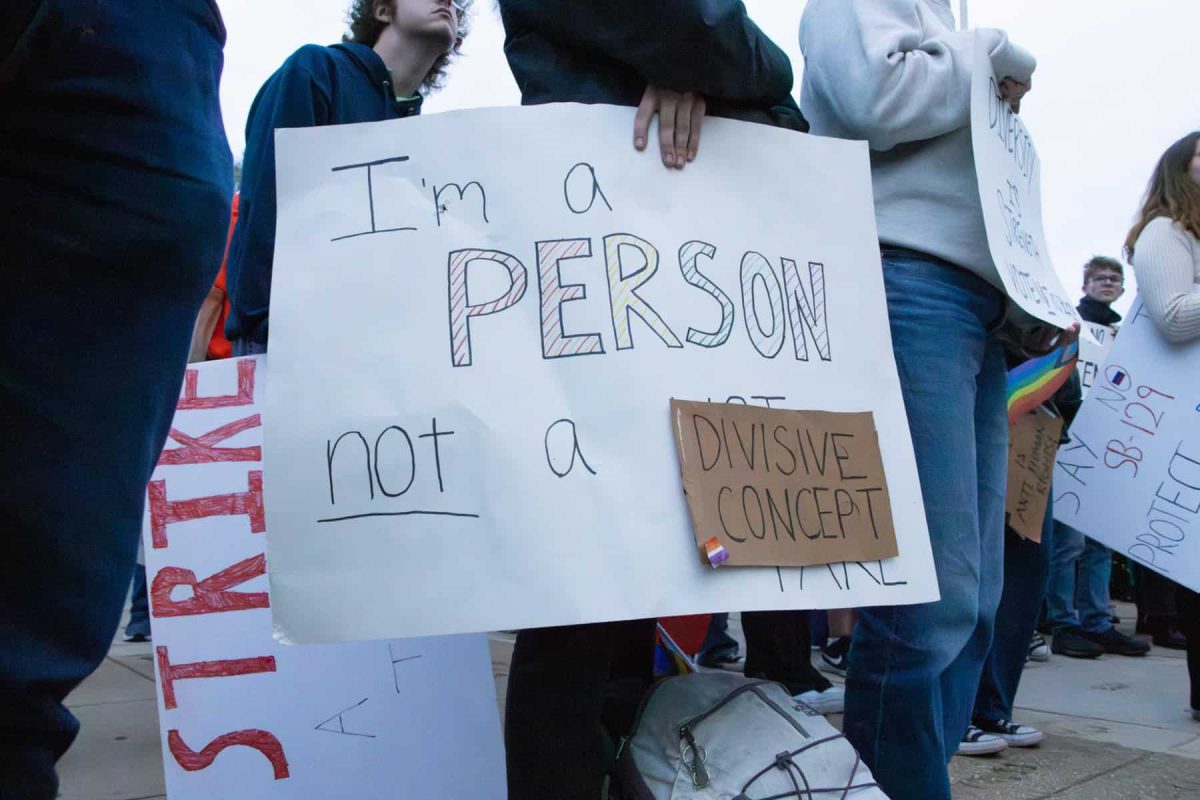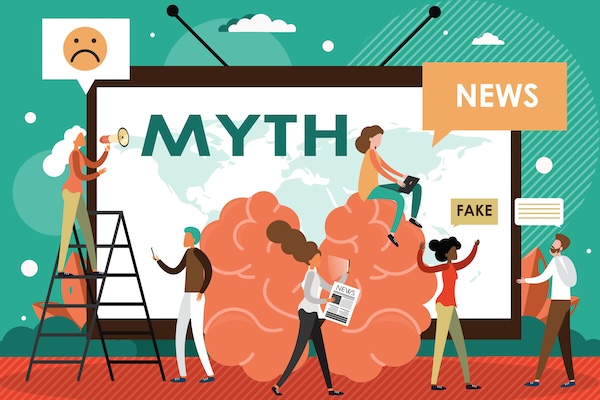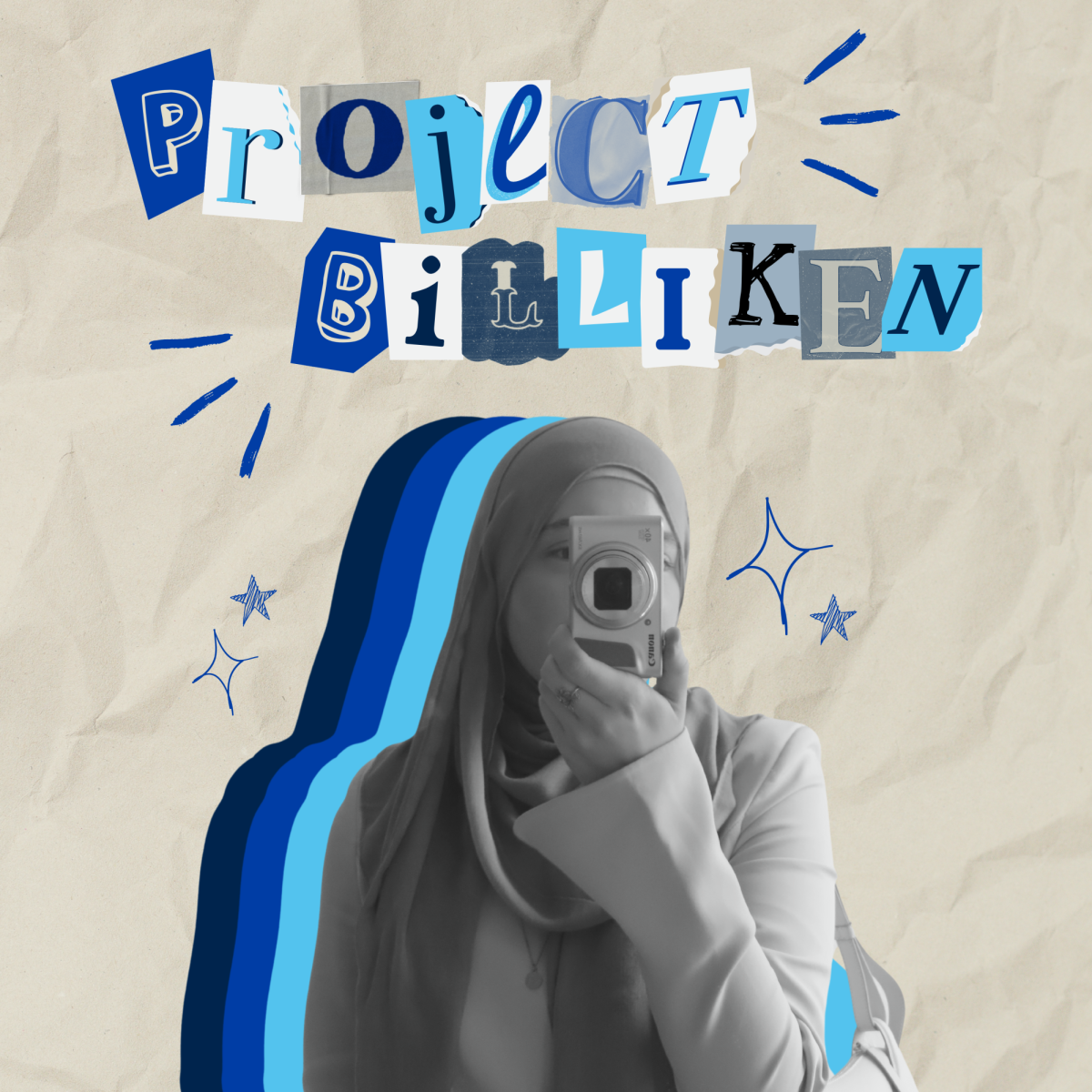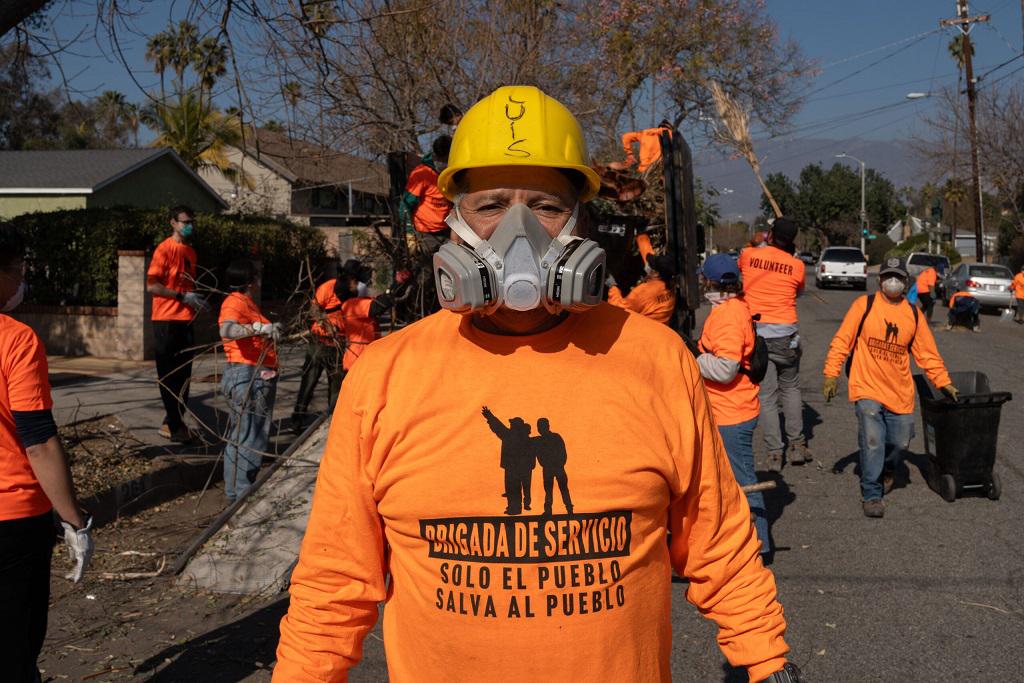When I was a freshman in college, I chose to pursue an engineering degree. One thing I surprisingly do not remember thinking about when making that decision, is how engineering is a male-dominated field.
At the time I was a physics major, attempting to add an aerospace engineering minor to my degree. One of the requirements to start that process was meeting with the head of the aerospace engineering department. I remember sitting there nervously in a conference room making eye contact for as long as I could muster. I had a lot more anxiety then, and I struggled very hard with doubting myself in academia.
He asked me why I wanted to do this, and I answered honestly. I told him I wanted to work on spacecraft, and my ultimate dream would be sending satellites into deep space, making discoveries in the void that surrounds our solar system. After I finished speaking, he paused and said that I should consider changing my major entirely.
I had never had someone answer so matter-of-factly about my dream. No demeaning silence or further questioning, just a simple path I had to follow to get one step closer. It felt like a vote of confidence. I honestly do not know what I would have done if that interaction never took place.
Thankfully, I have never been upset I switched to studying aerospace engineering, but entering a male-dominated field has come to stare me in the face a few times. A few months after changing my major, I came out as nonbinary. For years before then, I had struggled with an uncomfortable feeling in my chest. In many ways, I could not relate to my female friends, and after realizing I was a lesbian, I chalked a lot of those issues up to that. But no matter how confidently I embraced my lesbian identity, it never felt like the last puzzle piece of who I was. Changing clothes, different hairstyles, putting myself out there, being more reserved, nothing changed. Being a girl just never felt right to me, I realized later.
Being nonbinary is not just about dressing androgynously. There are many different versions of what it means to each nonbinary person. Some people choose to pursue gender-affirming hormones and surgeries, some make smaller changes depending on how they feel on the day such as clothing or hair. Honestly, there are so many different expressions that it is hard to list them all. There is no one answer to what makes someone nonbinary. Simply put, we just exist outside the binary that cisgender people feel comfortable in.
I used to get misgendered a lot as a teenager, with random strangers assuming I was a boy. My short pixie cut felt like a statement when I was younger. It felt like I was being so obvious about my sexuality with my short haircut. A lot of people missed the gay signaling and went straight to calling me “sir” or using he/him pronouns while interacting with me. It always made me cringe, and then when I would open my mouth to an undeniably female-sounding voice, came the even worse punch of the automatic correction. “I’m so sorry, ma’am!” I just never felt comfortable either way. Neither option felt right.
When I realized they/them pronouns were an option, I didn’t think trying them out and feeling the euphoria was going to make me so “different” to other people. That simply was never on my mind, the only thing that mattered to me then was feeling comfortable and confident in myself. Saying, “I am a nonbinary lesbian,” just felt right. I wasn’t trying to make myself special or annoying; I just wanted to feel like the person I saw in the mirror truly was me.
This revelation has brought me both so much happiness and pain over the years. I could talk for hours about the genuine support I have received, from new people I meet immediately correcting themselves to old friends hugging me in the kitchen exclaiming “they! them!” My mom immediately did her best to understand, buying me button-up shirts and nice dress pants for a wedding we attended together shortly after I came out. It does not take a lot of work to respect me, but to me, it means the world.
On the flip side, many people do not respect that aspect of me, while acting like my friends. I have experienced so many microaggressions not only from hateful strangers, but from voices inside my own communities. Even if I don’t face the persecution that some trans people do because I am not medically transitioning, I still hold anxiety about what hiring managers, coworkers and bosses will do when they learn I am “different.”
In the workforce, I don’t look forward to either hiding my identity or constantly having to explain myself to confused colleagues. I wish that there weren’t such blatant and wrongfully placed attacks on DEI, which exists so that people like me actually get a spot in the running.
There is an inherent and uneducated view that unqualified people are filling the very positions white men crave, when in reality, people of color, women and queer people are simply better suited for those positions. More qualified, more experienced, more driven and more educated. Yes, there are exceptions to both sides of that coin, but at the end of the day, who doesn’t get opportunities when the only ones at the table are white men?
DEI policies are in place to protect and provide equal opportunities for employment to those who get overlooked for trivial matters. They are ignored and disregarded not because their resumes don’t measure up, but because “different” is slowly becoming synonymous with “bad” in this country.
I want to be the diversity in engineering, no matter how daunting of a task that is shaping up to be. I know my qualifications and trust my education that I am fit for any aerospace engineering job I could get hired for. Even if I were called a ‘diversity’ hire, I wouldn’t be putting my lesbian and nonbinary energy into those rockets and satellites, I would be another engineer looking to make the world a better place.
Allowing people like me to be considered will only strengthen the workforce, expanding the number of applicants and creating a more robust hiring pool. Because, shockingly, being a person of color, LGBTQ+, disabled or any other normal human occurrence that is being labeled as the unfathomable “DEI,” does not actually impact anyone’s performance in any way. If anything, these so-called DEI hires are some of the most hard-working, educated and capable people I have met.
All content under the opinion section is not a direct reflection of The University News, but expresses the opinion of the writer, not necessarily the organization as a whole.









